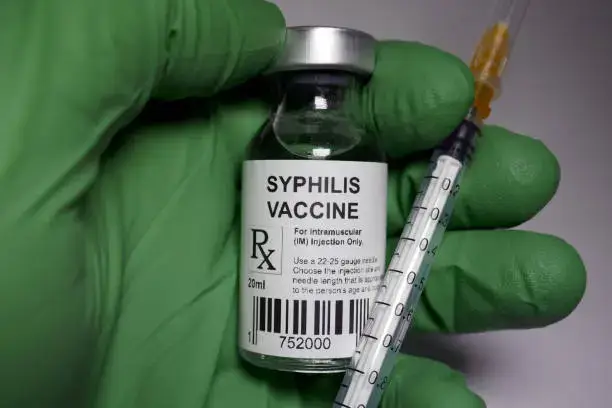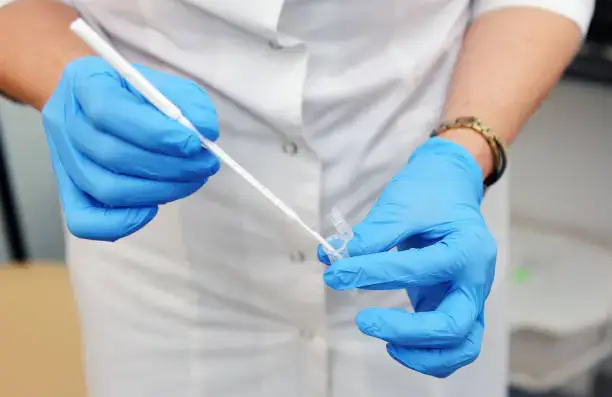Comprehensive Guide to Private STI Testing: Understanding, Diagnosing, and Treating STIs
Sexually transmitted infections (STIs) affect millions of individuals globally, often silently but with potential long-term consequences. Regular STI testing is crucial for maintaining sexual health and preventing complications. This guide explores the significance of private STI testing, common STIs, their symptoms, and the available treatment options.
Why Is Private STI Testing Important?
Sexually transmitted infections can be asymptomatic, meaning individuals may not show noticeable signs yet still harbor an infection. Routine STI testing is essential for anyone who is sexually active, especially if you’ve had unprotected sex, are experiencing unusual symptoms, or have recently changed partners. Early detection and treatment are crucial to preventing the spread of STIs and minimizing potential health complications.

How Are STIs Diagnosed?
STIs are diagnosed through various methods:
- Specialized Clinics: Sexual health clinics, also known as Genitourinary Medicine (GUM) clinics, offer comprehensive STI testing.
- GP Services: Your general practitioner can provide testing and refer you for further evaluation if needed.
- Private Gynaecologists: Private clinics offer confidential testing and treatment options.
A thorough sexual health screening may include tests for a range of STIs, including HIV. Early intervention can help prevent complications and transmission to others.

Common STIs and Their Symptoms
- Chlamydia
- Overview: The most prevalent STI in the UK, particularly among 16-25 year olds. Chlamydia is a bacterial infection spread through unprotected sexual contact.
- Symptoms: Often asymptomatic, but may include pain during urination, unusual discharge, painful intercourse, and bleeding between periods.
- Complications: Untreated chlamydia can lead to pelvic inflammatory disease (PID), infertility, or complications during pregnancy.
- Testing and Treatment: Diagnosed through a vaginal or cervical swab or urine sample. Treated with antibiotics. Sexual activity should be avoided during treatment.
- Genital Warts (HPV)
- Overview: Caused by human papilloma virus (HPV), genital warts are prevalent among individuals under 25.
- Symptoms: Small, fleshy growths or bumps in the genital or anal area, which may be painless but can cause itching or bleeding.
- Causes: Spread through skin-to-skin contact during sex, even with condom use.
- Diagnosis and Treatment: Identified through examination. Treatment options include topical creams or cryotherapy to freeze the warts.
- Genital Herpes
- Overview: Caused by the herpes simplex virus (HSV), which also causes cold sores. Genital herpes is a chronic condition with recurring outbreaks.
- Symptoms: Painful blisters or sores on the genitals. Primary infections may be more severe than subsequent outbreaks.
- Testing and Treatment: Diagnosed through swabs of sores or blood tests. Managed with antiviral medications like Aciclovir. Avoid sexual contact during outbreaks.
- Gonorrhoea
- Overview: A bacterial infection spread through unprotected sexual contact. It often affects young people under 25.
- Symptoms: Painful urination, thick discharge, pelvic pain, and bleeding between periods.
- Complications: Untreated gonorrhoea can cause pelvic inflammatory disease, infertility, or complications in pregnancy.
- Testing and Treatment: Diagnosed via urine test or swab. Treated with a single antibiotic injection and tablet.
- HIV & AIDS
- Overview: HIV attacks the immune system, leading to AIDS in advanced stages. It is contracted through unprotected sex or sharing needles.
- Symptoms: Initially may present as flu-like symptoms. Advanced stages show severe immune system damage.
- Testing and Treatment: Diagnosed with a blood test. Emergency anti-HIV medication (PEP) can prevent infection if taken within three days of exposure. Long-term management involves daily anti-retroviral medications.

When Should You Seek STI Testing?
Regular STI testing is crucial for sexually active individuals, especially if:
- You’ve had unprotected sex.
- You notice unusual symptoms.
- You’ve changed sexual partners recently.
If symptoms or potential exposures are present, seeking prompt testing and treatment can prevent complications and protect your health and that of your partners.
Conclusion
Private STI testing provides a discreet, reliable way to manage and maintain sexual health. Early detection and treatment are key to avoiding long-term complications and preventing the spread of infections. If you’re concerned about STIs or need to schedule a test, contact a private sexual health clinic or your GP for expert advice and support.
